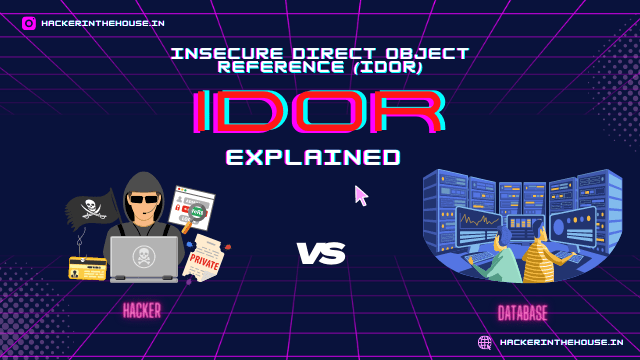As we all know, Network is a combination of interconnected devices such as computers, etc used for communication. when coming to network security, it provides security to the network and protects the network from threats. Nowadays, network security plays a vital role because it avoids threats from unauthorized users. Just imagine the world without network security, how hard is it to imagine! Without network security our personal data will be lost, financial data will be lost and it will affect the company’s reputation. Network security can be achieved by using firewalls, IPS (Intrusion Prevention Systems) and IDS(Intrusion Detection System), etc.
What are network security principles?
These are the principles provided when the data is transferred from sender to receiver. These maintain the security of the data without any interruption by an intruder. Now, let us discuss the security principles of the network.
Types of security principles:
- Data Confidentiality
- Data Integrity
- Authentication
- Non-Repudiation
- Access Control
Let us discuss above mentioned security principles one by one as follows:
1. Data Confidentiality:
- When data is sent from sender to receiver, that data should be confidential.
- It is mainly designed to protect the data from the attacks.
- It provides security for the network.
2. Data Integrity:
- Modifications such as insertion and deletion of data during the transfer of data from sender to receiver are not allowed.
- Whatever data is sent by the sender, that original data will be received by the receiver.
3. Authentication:
- Authentication is mostly secured by using a username and password.
- Authentication means providing one’s identity like fingerprints, retina scans, etc.
- It is simply to know who is doing and who is involved in the transfer of data.
4. Non-Repudiation:
- It prevents attacks.
- It protects repudiation by either the sender or receiver of data.
- It confirms the integrity of the data.
5. Access Control:
- Only authorized persons can access the data.
- It prevents the access of unauthorized users.
Why security services are important?
- Security principles are important such that no data will be lost during the transfer of data from sender to receiver.
- They provide security and avoid threats.
- They maintain the integrity and confidentiality of the data.
- They will only provide access to the authorized users.











Leave a Reply